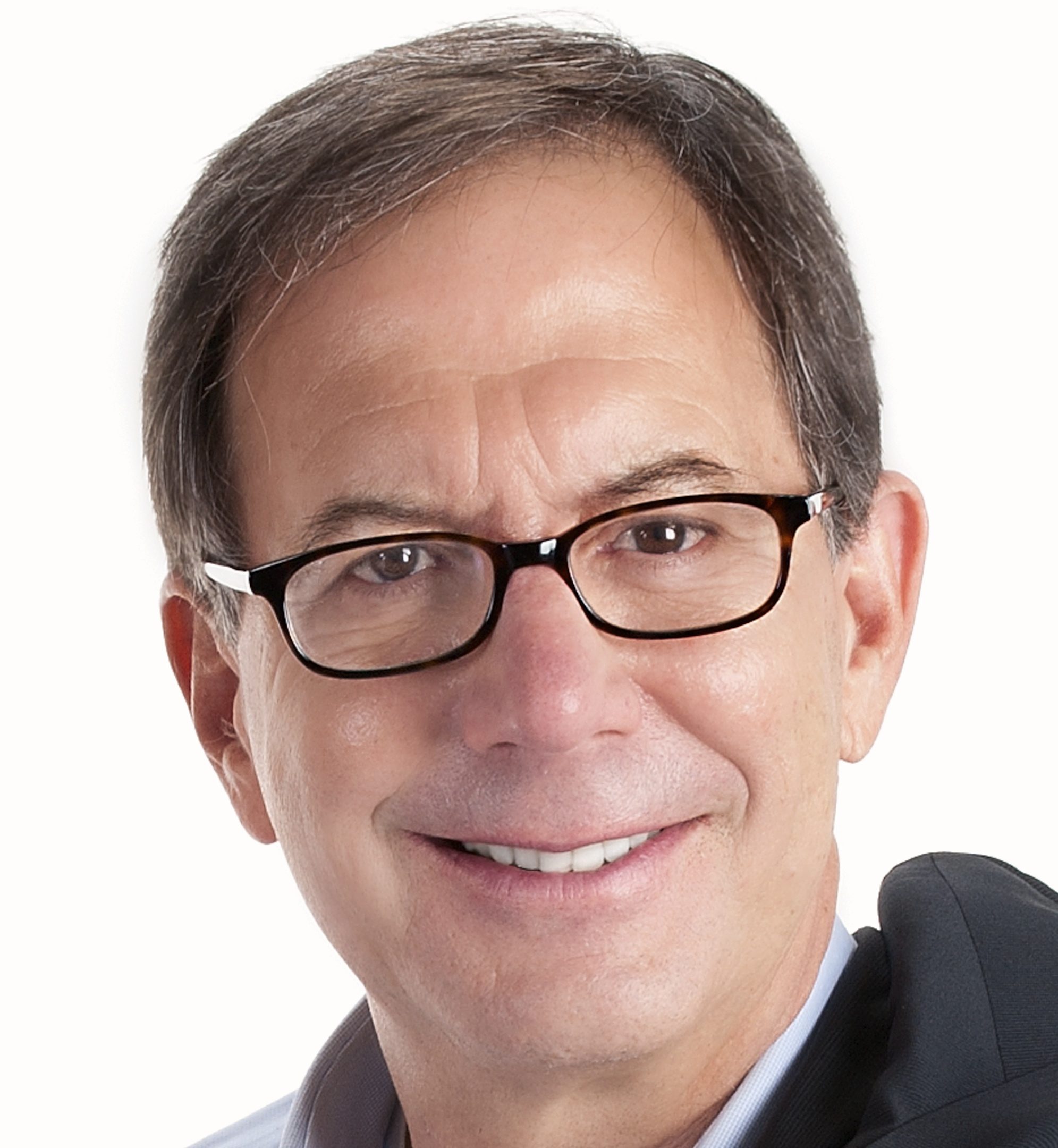President Trump is not entirely to blame for the deterioration of democracy in America. He merely poured gasoline on a fire that was already burning.
That is if you agree with the following description of democracy.
A democracy is a society in which every x number of years representatives of regions and districts, who are often from various and often opposing parties are duly and fairly elected. Duly and fairly is what differentiate a democracy from a dictatorship.
After such individuals are elected in a democracy, the people from the electorate that opposed them willingly cooperate with those leaders in solving problems that those officials and their party deem to be in the best interest of the majority of the people whose district they represent.
If the losing party and its followers refuse to do so, they have no right to expect that if and when people from their party are elected in a subsequent election that the people from the opposing – and then losing – side will then cooperate with them.
Following their being elected, it will be up to those officials and their party to make a compelling and convincing case for how their solutions and initiatives are in the best interest of the majority of the people whose regions and districts they represent.
Additionally, in a humane democracy, solutions will also be provided for those individuals who may not be in the majority but are truly hurting from economic, health hardship and adversity not of their own doing, and who are legitimately in need of such help.
That is if you believe that the measure of a humane democracy and civilization is not only how it responds to those who have hurt or opposed it, but also how it responds to those who are hurting in it.
In a democracy, rather than an opposing and losing party and its followers blocking and stymieing any and all effort by the dominant party to make progress (a.k.a. gridlock), they will cooperate again as long as the elected representatives’ and his/her party’s strategies are in the interest of the majority of citizens and also those who are truly in desperate need.
Also in a democracy, not only will the electorate from the losing party cooperate to help the winning party achieve its “serving the majority” goals, the elected representatives will serve as an advocate for the entire region they represent first, before they serve their party’s partisan platform and objectives (currently it appears that priorities for such representatives is: a. be re-elected; b. be party faithful; c. serve the people who elected you and the region you represent).
The President of the United States, whether he or she is a Republican or Democrat, serves as the president of all Americans, not just those allegiant to his/her party.
In a democracy if the electorate is unhappy and legitimately disappointed in the incumbent people who represent them, they have the option to vote in someone else at the next election.
If the above criteria are not agreed or adhered to, I would postulate that a democracy doesn’t exist.
What do you think?


